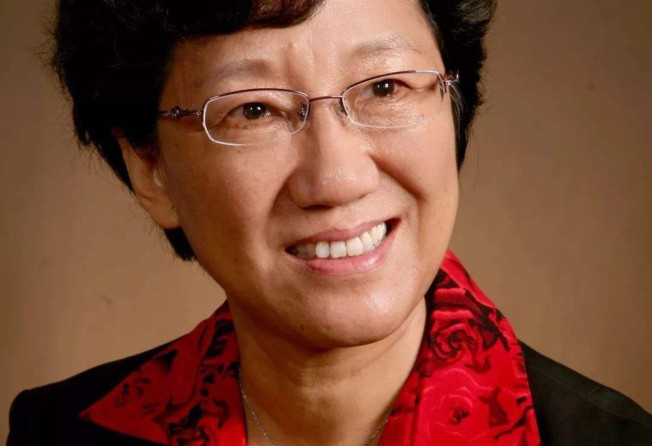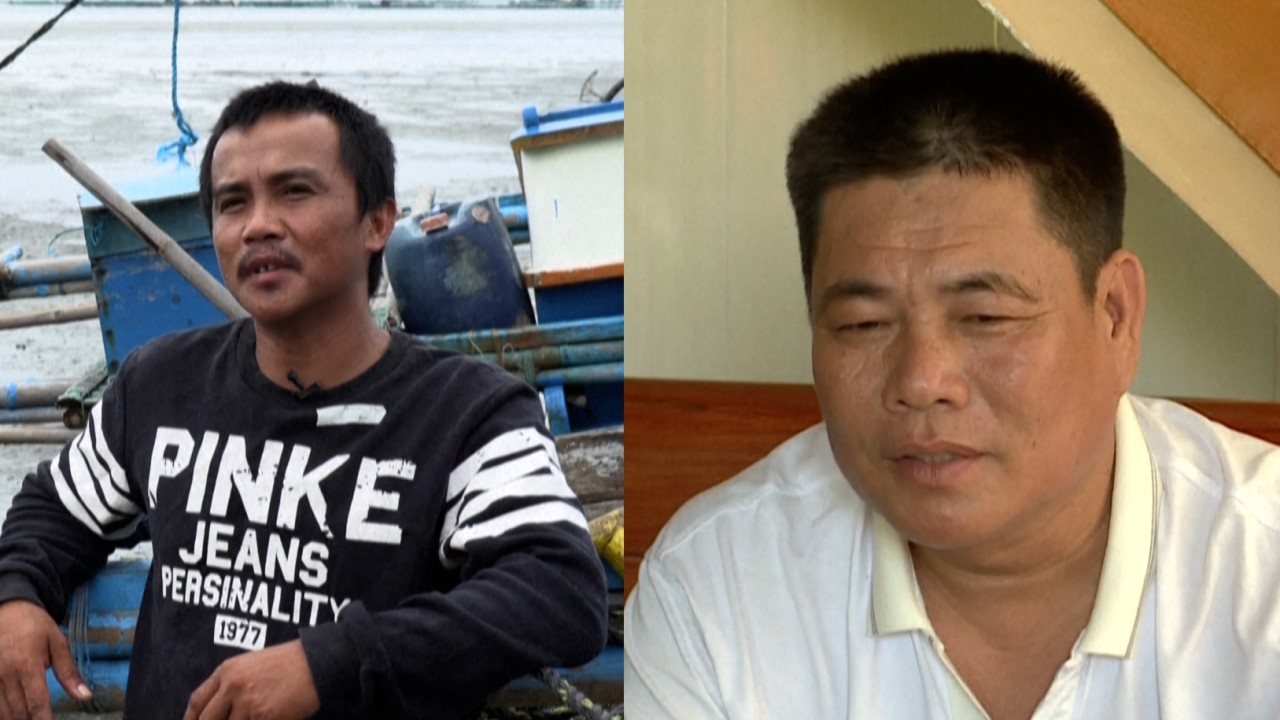
Worsening China-US relations ‘raise risk’ of conflict in Asia-Pacific
- Chinese analyst says maritime tensions and challenges to China’s core interests by US could trigger military confrontation
- Regional security would also be undermined if rivalry between the two countries triggers an arms race, South China Sea symposium hears

A senior Chinese military analyst has warned that worsening relations between China and the US are raising the risks of a maritime conflict in the Asia-Pacific region.
Yao Yunzhu, an academic committee member at Tsinghua University’s Centre for International Security and Strategy, also said the rivalry between the two countries could lead to an arms race that would undermine regional security.

She was speaking on Thursday at the two-day Symposium on Global Maritime Cooperation and Ocean Governance in the southern Chinese island province of Hainan. Researchers from 20 countries and regions attended to discuss maritime affairs and global ocean governance around the South China Sea.
“The confrontation in Sino-US relations continues to rise, so it is difficult to ignore the possibility of a maritime military conflict,” Yao said.
“[This] may be triggered by frequent encounters and accidents between naval vessels and aircraft of the two countries, and may also be triggered by challenges to China’s core interests [by the US].”
Yao, a retired army major general, said both countries were unwilling to see such a conflict and maintained a strategic communication channel to manage and prevent crises.
“But to fundamentally eliminate these risks and maintain peace and maritime security in the Asia-Pacific, China and the United States need to increase mutual trust, improve relations, and cultivate a willingness to cooperate,” she said.
Yao said the risk of an arms race between the powers with the two largest defence budgets in the world – along with increased military activities including weapons testing and exercises – would adversely affect regional maritime security.
To promote peace in the South China Sea, the symposium called for closer cooperation between Beijing and Asean countries, and progress on the negotiations for a legally binding code of conduct for the strategic waterway, one of the busiest in the world.
The code of conduct is intended to implement the principles of the 2002 Declaration on the Conduct of Parties in the South China Sea (DOC), signed by China and the Association of Southeast Asian Nations to provide a guideline for handling disputes.
Military tensions in the waterway have been growing between Beijing, which claims most of its waters, and Washington and its allies.
Despite multiple overlapping claims – including by Asean members Brunei, Malaysia, the Philippines and Vietnam – as well as an international court ruling against it, China has significantly strengthened its control over the region in the past two decades.
There was a sharp rise in US military operations in the South China Sea in 2021 compared to the previous year, according to a March report by Beijing-based think tank the South China Sea Strategic Situation Probing Initiative (SCSPI).
And in August, two US Navy warships entered the Taiwan Strait after a spike in US-China tensions prompted by a visit to the island by House Speaker Nancy Pelosi.
Beijing regards Taiwan as one of its core interests, to be brought under mainland control by force, if necessary.
The US – which, like most countries, does not recognise Taiwan as an independent state but opposes any attempt to take it by force – has recently warned of an accelerated timeline for a mainland attack on the island.
Wu Shichun, chairman of the China-Southeast Asia Research Centre on the South China Sea, also spoke at the symposium and warned of the threat of disruption posed by the network of blocs in the region established by Washington and its allies.
Wu singled out the Aukus pact between the US, Britain and Australia which includes a plan to provide the Pacific nation with nuclear-powered submarines.
“Once the deployment is in place, the strategic balance of the entire Western Pacific, including Taiwan and the South China Sea, will be broken,” Wu said.
But Wu struck a hopeful note, despite the slow progress of a South China Sea code of conduct, which he attributed to US pressure in the region to pick a side, as well as the complex interests and demands of the countries involved.
“We have always been firm and committed to reaching a consensus on the code of conduct as soon as possible. There is still hope,” Wu said.
SCSPI director Hu Bo told the symposium that, despite maritime frictions and the more frequent incidents of recent years, the South China Sea “remains peaceful and stable in general, even though it is fragile”.
Hu said this was because the regional parties had maintained “restraint and strategic dialogue”, in line with the 2002 DOC.
